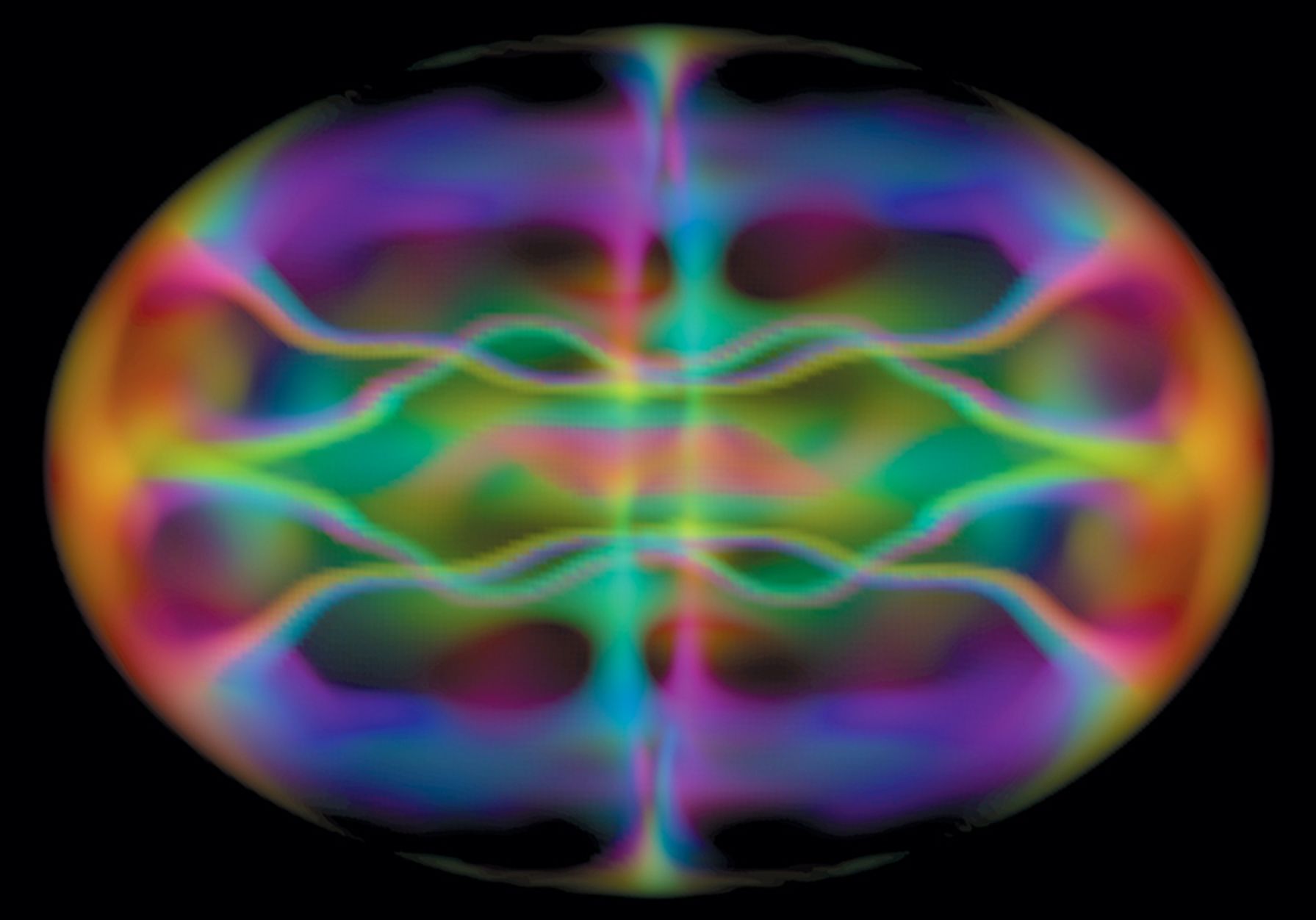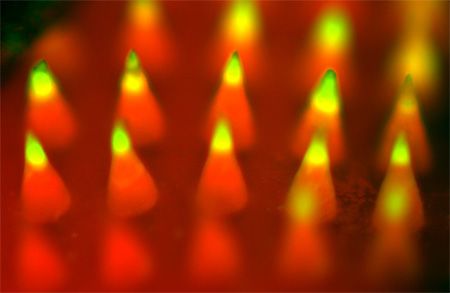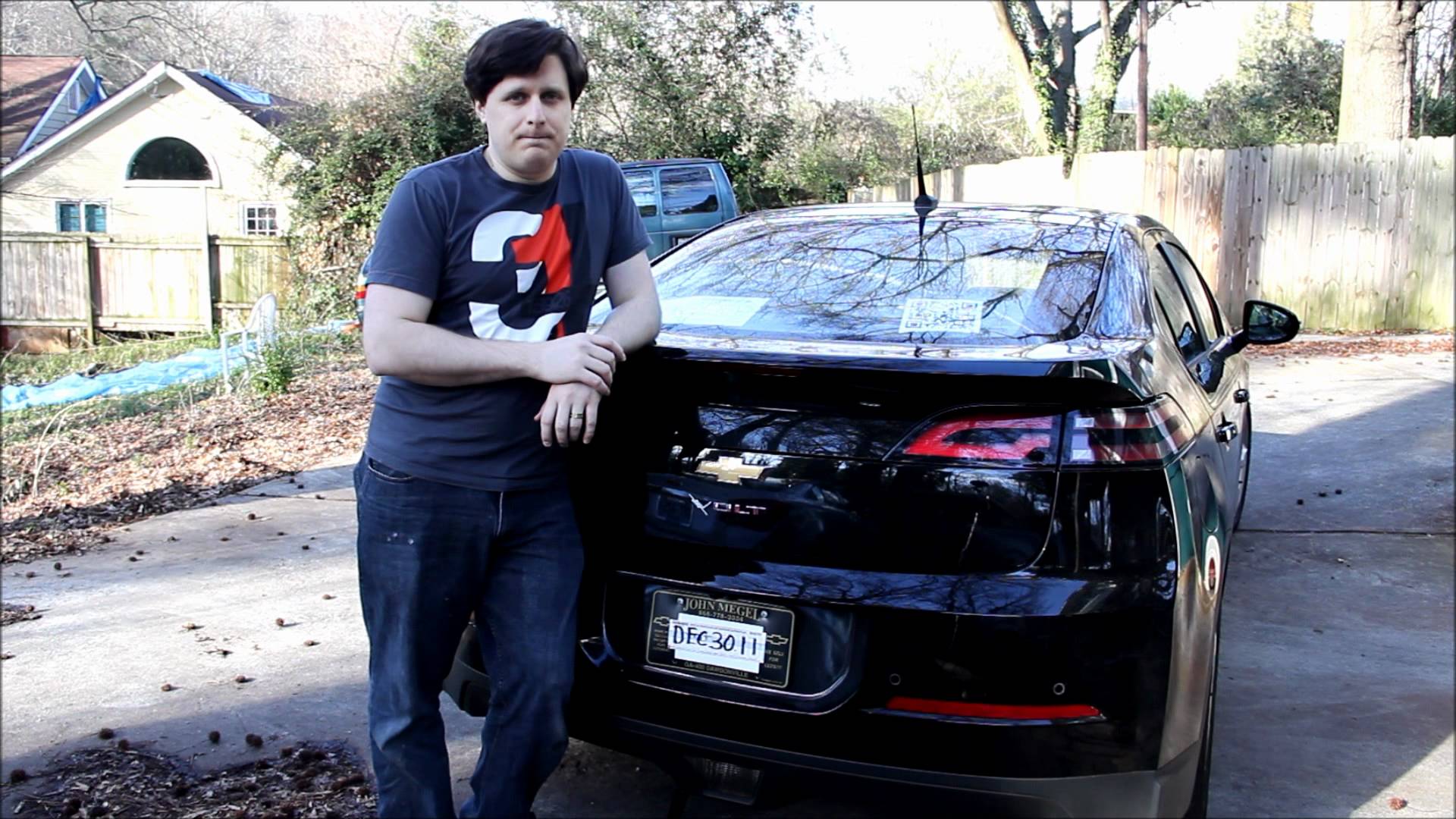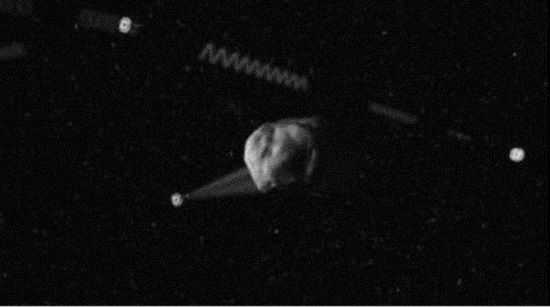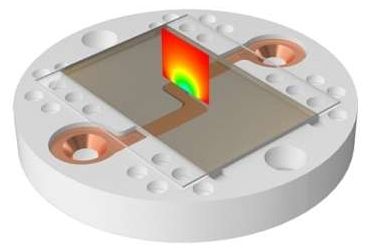Mar 31, 2016
A Wannabe Supervillain Built His Own Thermite Cannon
Posted by Matthew White in categories: energy, entertainment
It’s not often you come across a real-life mad scientist. They’re usually just over-the-top antagonists in comic books, but Colin Furze is the real thing. He has a penchant for building things that often blow up—on purpose—like this impossibly dangerous-looking thermite cannon.
Not familiar with thermite? It’s an especially nasty chemical composition made of metal power and oxide that burns as hot as 2,500 degrees celsius. If it ignites, you don’t want to be anywhere near it, which is why a cannon that puts a lot of distance between you and a flaming thermite grenade isn’t the world’s worst idea.
Continue reading “A Wannabe Supervillain Built His Own Thermite Cannon” »
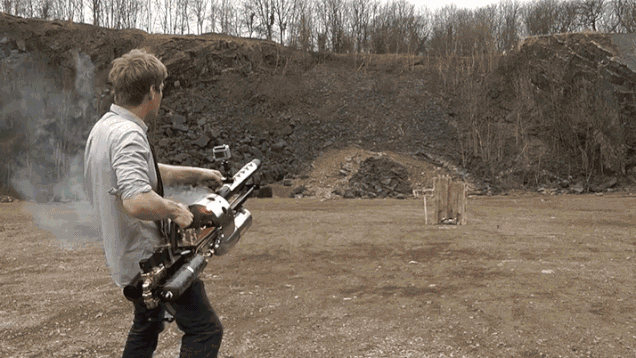
 This Bitcoin 101 series of videos was made to give you the facts about what Bitcoin is, where it came from, how it works, and where it’s going. Guided by longtime Bitcoiners Tatiana Moroz and Stephanie Murphy, this will give you everything you need to know about the booming cryptocurrency.
This Bitcoin 101 series of videos was made to give you the facts about what Bitcoin is, where it came from, how it works, and where it’s going. Guided by longtime Bitcoiners Tatiana Moroz and Stephanie Murphy, this will give you everything you need to know about the booming cryptocurrency.